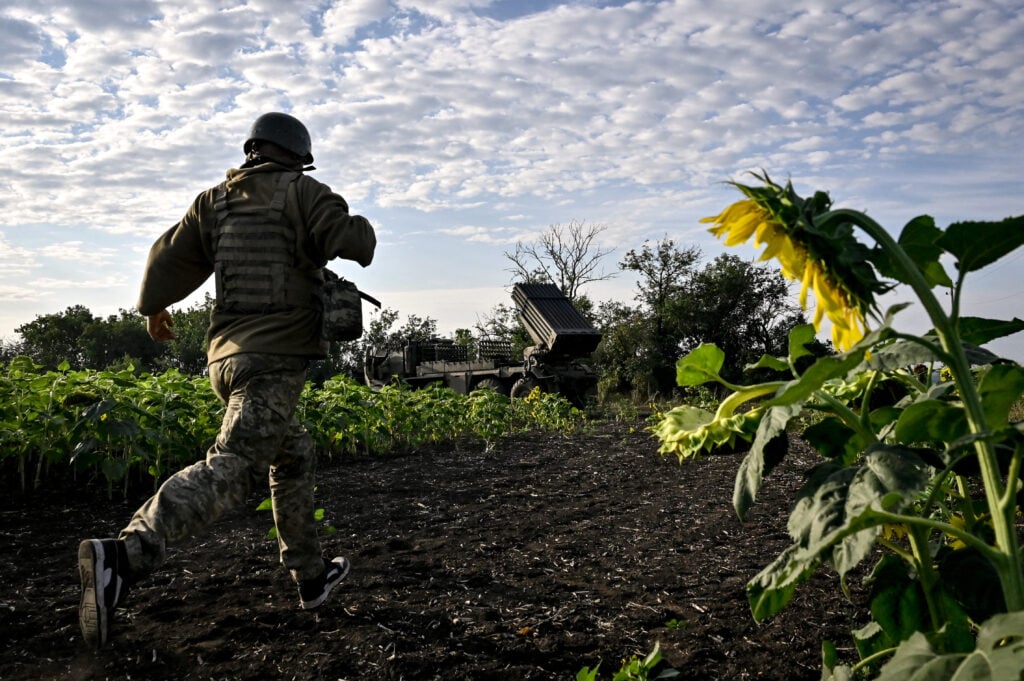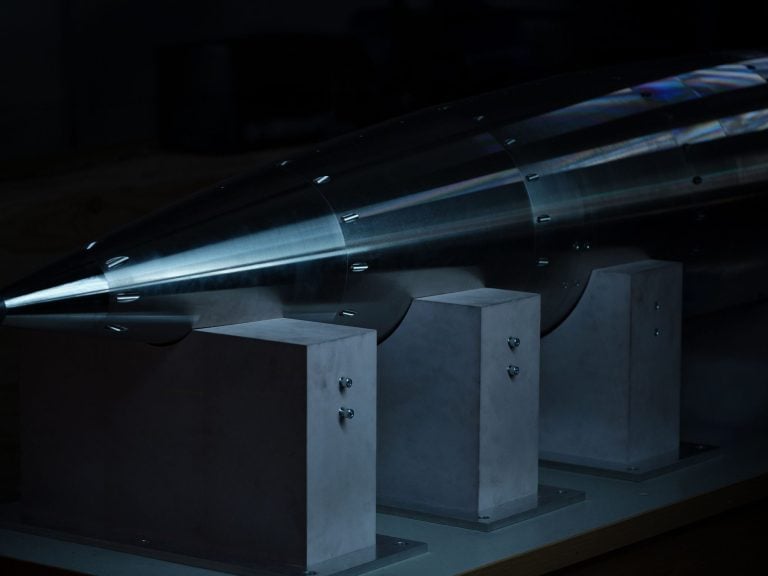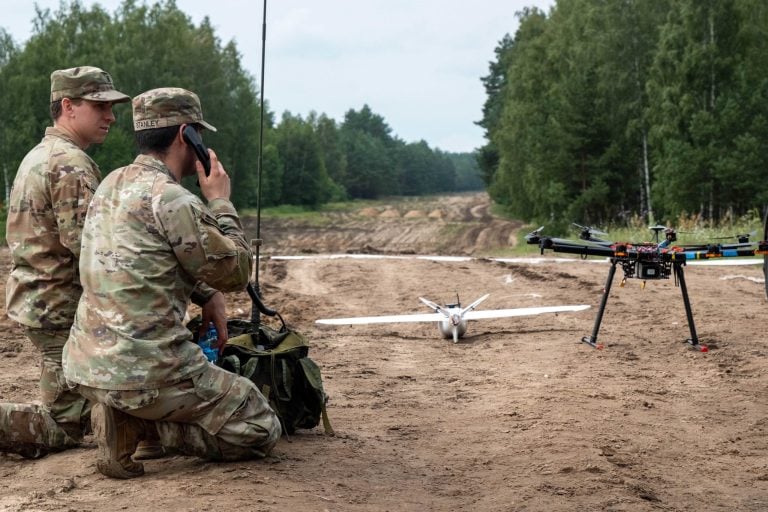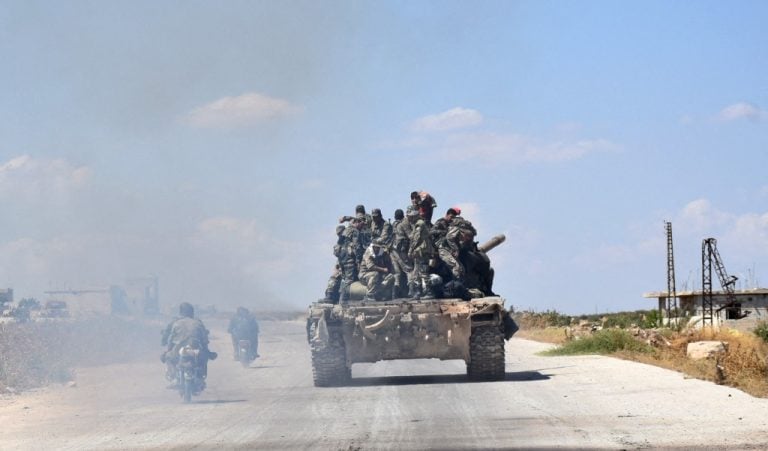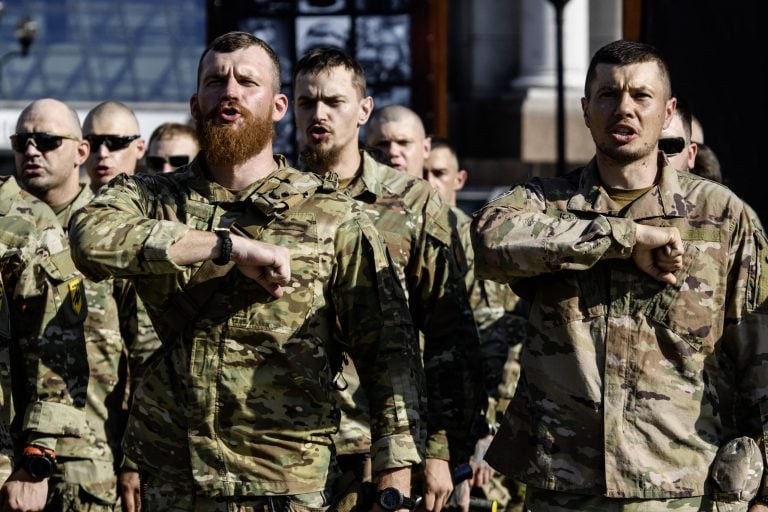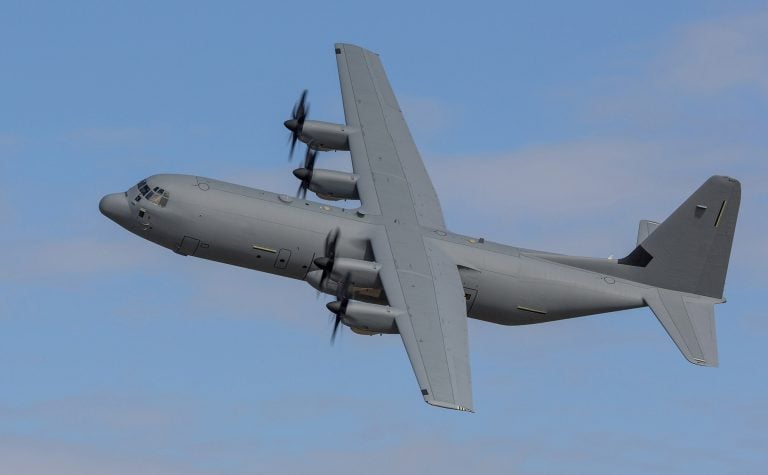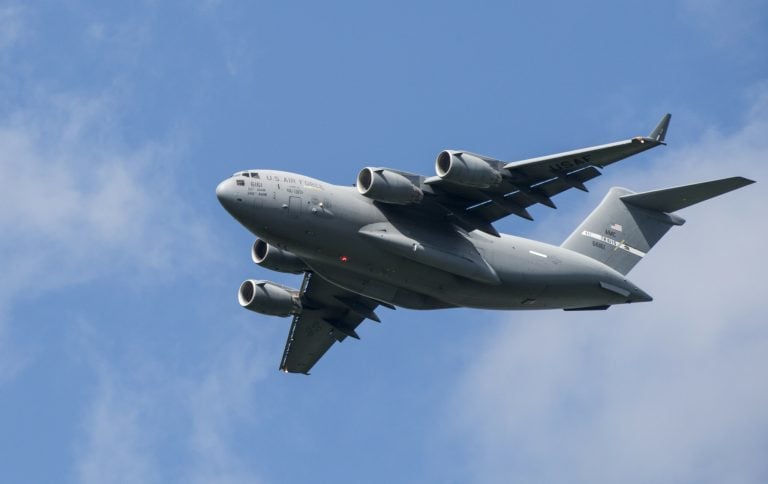Ukraine has implemented an innovative system to enhance the collection and storage of biological samples from its military personnel, significantly improving the process for identifying missing and deceased soldiers. The initiative is particularly ambitious, targeting the collection of samples from 225,000 service members by the end of the year.
Under this system, samples taken from the buccal epithelium, or oral mucosa, are gathered at military units and sent to the Genomic Information Accounting Center. This center uses a specialized system to automate the data entry and accounting processes associated with these samples. In the event that a soldier goes missing or requires identification posthumously, authorized personnel can easily access the required biological samples from the Central Biological and Biological Investigation Center, facilitating a more efficient identification process.
In parallel with this initiative, Ukraine is rolling out a comprehensive range of programs aimed at bolstering support for its armed forces amid ongoing conflict. Among these is the “Contract 18-24” program, introduced by the Ministry of Defense in February, which allows civilians aged 18 to 24 to enlist voluntarily. Participants in this scheme receive training that meets NATO standards, along with competitive salaries and social benefits not typically available in civilian employment. Prior to this initiative, conscription was restricted to citizens aged 25 to 60.
Furthermore, the Ukrainian government has introduced an incentive program designed to reward soldiers for their contributions on the battlefield. This program allows military personnel to earn additional leave days based on their achievements in destroying Russian military assets: five days off for downing a warplane, four for neutralizing air defense systems, and three for damaging armored vehicles.
In a bid to assist families affected by the ongoing conflict, Ukraine has also established a hotline named “I Want to Find.” This service, run by the Coordination Centre for the Treatment of Prisoners of War, aims to support individuals searching for missing relatives and is part of broader efforts to facilitate prisoner exchanges. These initiatives demonstrate Ukraine’s commitment to both the welfare of its military personnel and the broader humanitarian implications of the conflict.
